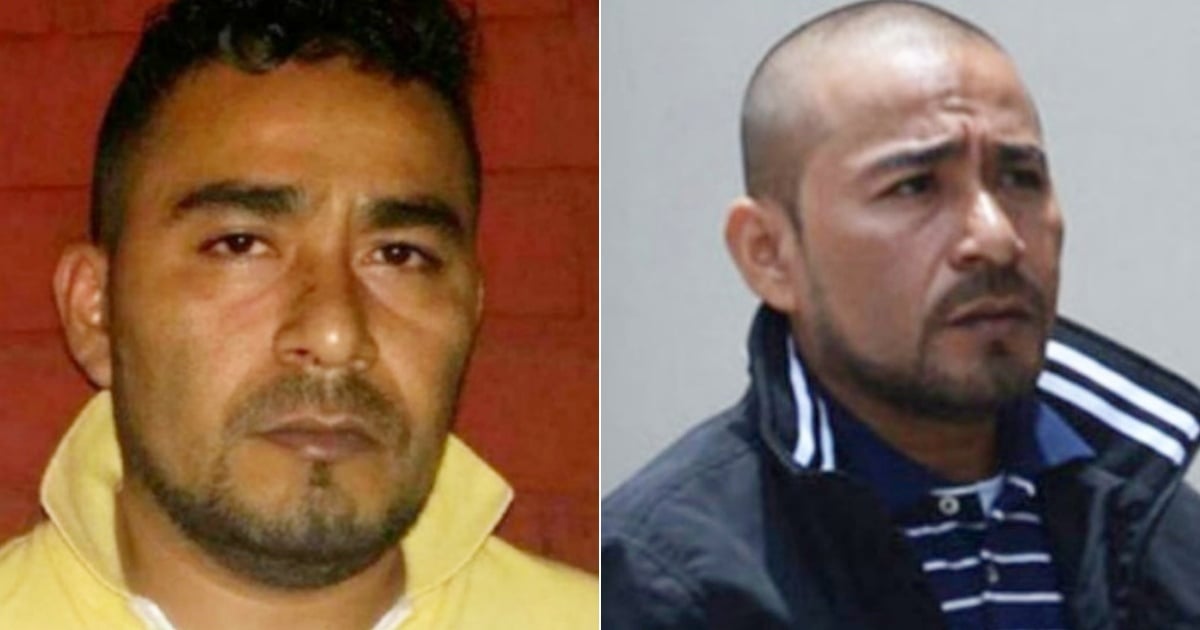The United States government has ramped up its campaign against transnational organized crime by offering a reward of up to $5 million for information leading to the capture or conviction of Yulan Adonay Archaga Carías, the top leader of the Mara Salvatrucha gang, commonly known as MS-13, in Honduras. Archaga Carías, also identified by the aliases “Porky” and “Alexander Mendoza,” is among the most wanted fugitives by U.S. federal authorities.
Reward Offered Under Transnational Crime Program
This initiative was announced via a State Department statement detailing that the reward is extended under the Transnational Organized Crime Rewards Program (TOCRP), launched in 2023, for information that results in the arrest and/or conviction of Yulan Adonay Archaga Carías, also known as ‘Porky’ and ‘Alexander Mendoza,’ in any country. U.S. authorities allege that Archaga Carías oversees a vast array of criminal enterprises, including drug trafficking, money laundering, murders, kidnappings, and other violent acts carried out with automatic firearms. Both the DEA and Homeland Security Investigations (HSI) have placed him on their lists of most-wanted criminals.
MS-13: A Gang Turned Transnational Threat
Originating in the 1980s in Los Angeles, California, the Mara Salvatrucha gang, better known as MS-13, was formed by Salvadoran migrants fleeing violence in Central America. Initially a street gang, it quickly evolved into a formidable international criminal organization with a strong presence in El Salvador, Honduras, Guatemala, and connections in Mexico and the U.S. In 2012, during Barack Obama's presidency, the U.S. Treasury Department sanctioned MS-13 for its association with international criminal networks. More recently, on February 20, 2025, the group was officially labeled as a Foreign Terrorist Organization (FTO) and a Specially Designated Global Terrorist (SDGT) by the U.S. government. This designation places MS-13 on par with other dangerous criminal entities, such as six Mexican cartels and the Venezuelan gang Tren de Aragua, recognized for their violent activities, hierarchical structure, and transnational impact.
Judicial Progress Against Tren de Aragua
Alongside intensified actions against MS-13, the U.S. Department of Justice announced formal charges this Monday against 27 members of the Venezuelan criminal organization Tren de Aragua (TdA), also labeled as a terrorist group. The defendants face charges of conspiracy to engage in organized crime, sex trafficking, drug trafficking, robbery, and firearms offenses. Of the 27 involved, 21 are already in federal custody, including 16 previously detained for other reasons, while five were recently apprehended during operations in New York and other jurisdictions. Attorney General Pamela Bondi firmly stated, “As alleged, Tren de Aragua is not just a street gang; it is a highly structured terrorist organization that has ravaged American families with brutal violence, engaged in human trafficking, and distributed deadly drugs in our communities.” She further emphasized that the legal actions “span three states and will dismantle TdA's infrastructure as we work to completely eradicate this organization from our country.”
The recent U.S. government actions are part of a comprehensive strategy to combat transnational organized crime through a coordinated approach that includes economic sanctions, criminal prosecution, international cooperation, and rewards for information leading to the capture of key leaders.
Understanding the Threat of Transnational Gangs
What led to the formation of MS-13?
MS-13 was formed in the 1980s in Los Angeles by Salvadoran migrants who fled violence in Central America. Initially a street gang, it evolved into an international criminal organization.
Why is MS-13 considered a significant threat?
MS-13 is considered a significant threat due to its involvement in a wide range of criminal activities, including drug trafficking, murders, and kidnappings, and its international reach and violent nature.
What actions has the U.S. taken against MS-13?
The U.S. has imposed sanctions, labeled MS-13 as a terrorist organization, and offered rewards for information leading to the capture of its leaders.
